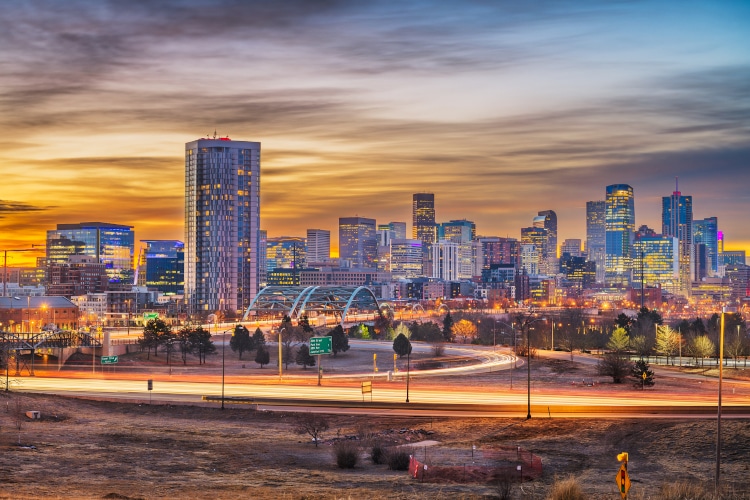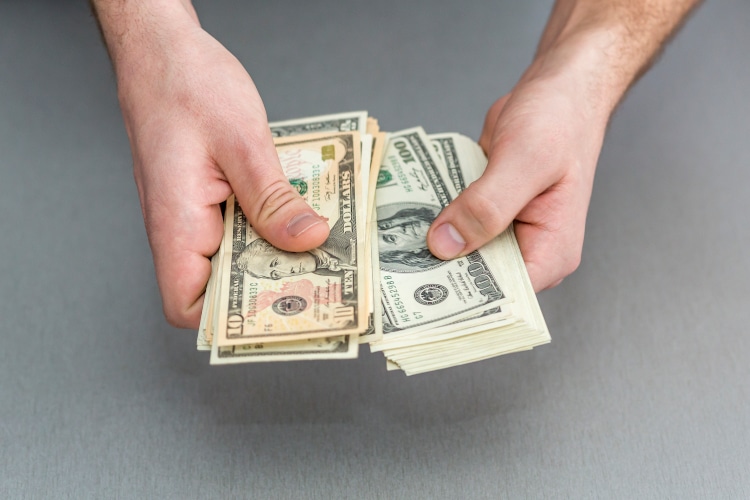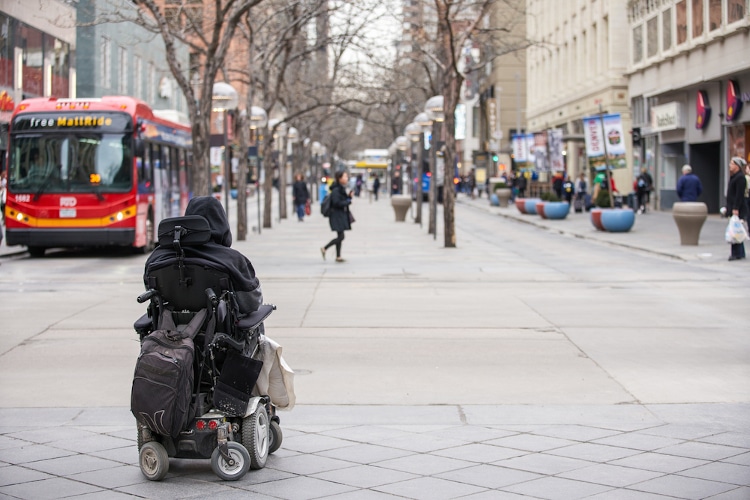
Photo: sepavone/Depositphotos
Homelessness is an issue that many cities are trying to address and solve. While there is no one-size-fits-all solution, a study found that a little help can put those in a vulnerable position on the right track. A project carried out by the Denver Basic Income Project found that direct cash assistance reduced homelessness, improved mental health, and increased employment among unhoused people in the city.
For the study, 800 unhoused residents of Denver were handed out monthly payments, no strings attached. They were divided in three groups: One receives $1,000 a month for a year; another is given $6,500 up front and then $500 a month; and the last one gets just $50 a month.
As the experiment reached the six month mark, many reported feeling safer, as well as having access to more stable living arrangements. “Many participants reported that they have used the money to pay off debt, repair their car, secure housing, and enroll in a course,” Mark Donovan founder and executive director of the Denver Basic Income Project told Insider. “These are all paths that could eventually lead participants out of poverty and allow them to be less dependent on social support programs.”
Donovan, an entrepreneur, first created Denver Basic Income Project in 2021. Having made money off Wooden Ships, a clothing company that specializes in sweaters for women, as well as an investment in Tesla, he decided to use some of that cash for good. With a $2 million contribution from the city of Denver, he began distributing money to others last year.
Of course, the results for each vary depending on how much money they received. While those who got $50 didn’t report a significant improvement—and even felt a little more stressed—those who received $500 a month or more saw a dramatic change. According to an interim report, 8% of the participants reported sleeping outside at the beginning, which fell to 2% at the six-month follow-up. Meanwhile, 23% reported sleeping in a shelter before the experiment, which was reduced to 10% six months later.
Other cities have launched similar projects, like San Francisco and Vancouver. Both places are known for their high cost of living, which have pushed those who work minimum wage jobs to the brink. By comparison, the Denver experiment had similar findings to those preceding cases. “Housing improved, it reduced homelessness, it increased spending and savings over time, and was a net savings for government and taxpayers,” Jiaying Zhao, an associate professor of psychology at the University of British Columbia, who oversaw the Vancouver project, told The Guardian.
In the end, many systemic changes would be needed to fully eradicate homelessness. However, it’s hopeful to see that, by using tools already at hand, vulnerable populations can be helped in concrete ways, improving their situation in the long run.
A study carried out by the Denver Basic Income Project found that direct cash assistance reduced homelessness, improved mental health, and increased employment among unhoused people in the city.

Photo: AlexBrylovy/Depositphotos
“Many participants reported that they have used the money to pay off debt, repair their car, secure housing, and enroll in a course,” said Mark Donovan founder and executive director of the Denver Basic Income Project.

Photo: felixtm/Depositphotos
h/t: [Futurism]
Related Articles:
Man Experiencing Homelessness Climbs Into Dog Shelter on Fire to Rescue 25 Pups
David Grohl Spent 24 Hours Cooking for Homeless Shelter in LA During the Storm
Man Experiencing Homelessness Throws a Birthday Party for His Dogs, Then His Life Changes
